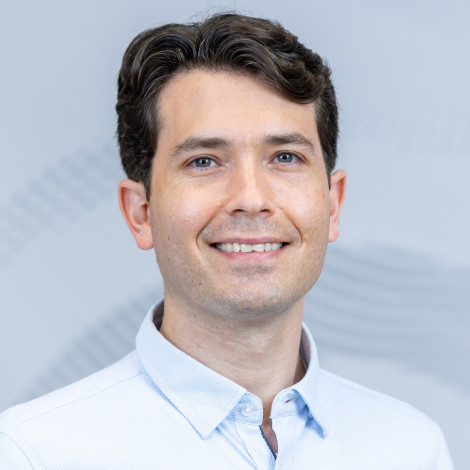
Dr. Elai Rettig
Research
Dr. Elai Rettig is an assistant professor (lecturer) in the Department of Political Studies at Bar-Ilan University, and a senior researcher at the Begin-Sadat Center for Strategic Studies (BESA Center). He specializes in energy geopolitics and international relations, and his studies focus on regional patterns of conflict and cooperation over oil, natural gas, and renewable energy sources. He also writes about Israel’s energy policy and national security, as well as international environmental politics.
Before joining our department, Dr. Rettig served as the “Israel Institute teaching fellow” in the Environmental Studies Program and the Department of Jewish, Islamic, and Middle Eastern Studies at Washington University in St Louis. He was also an adjunct lecturer for energy management at the Jones Graduate School of Business at Rice University in Houston, Texas. He previously served as a Neubauer Fellow at the Institute for National Security Studies (INSS) in Tel-Aviv, a senior fellow in the Maritime Policy & Strategy Research Center at the University of Haifa, and a lecturer for energy geopolitics at the National Security College in Israel (MABAL). He earned his PhD in International Relations at the University of Haifa in 2019.
Dr. Rettig teaches the following courses at Bar-Ilan University for the BA and MA programs: “Energy and National Security”, “Security and Strategy in the 21st Century”, “Regime Change in the Middle East”, and “Energy and Environmental Politics in the International System”.
CV
Last Updated Date : 29/10/2025



